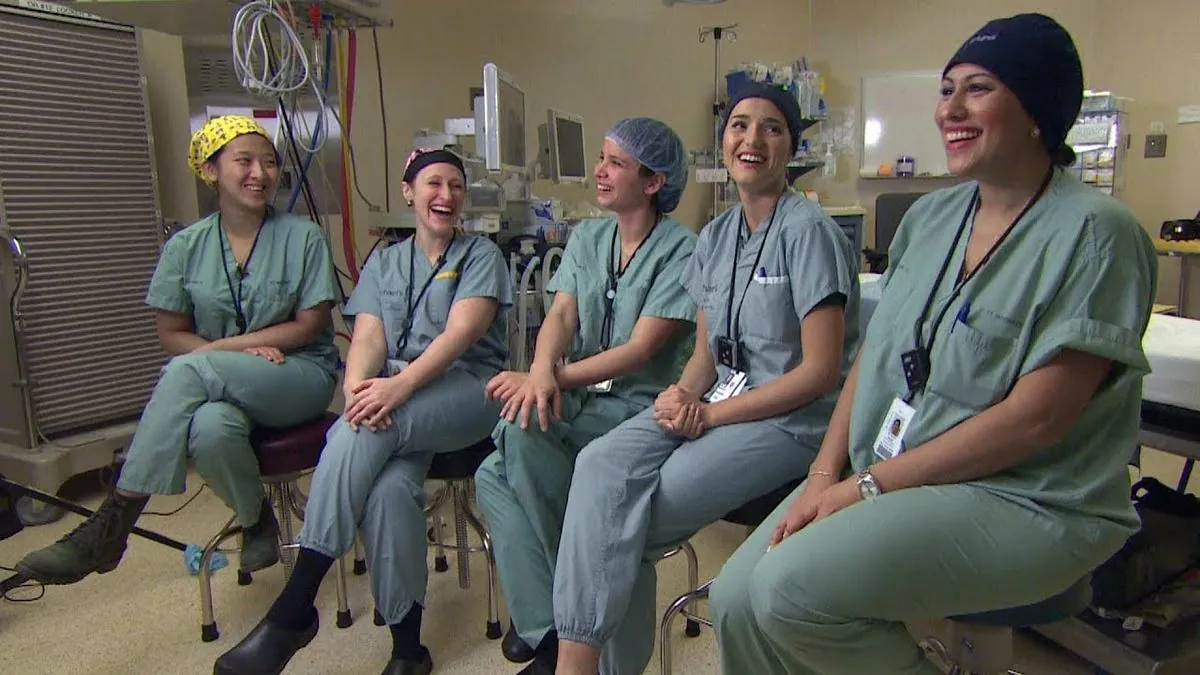Pioneering Neurosurgeon Frances Conley's Battle Against Sexism in Medicine
Dr. Frances Conley, one of the first female neurosurgeons, challenged sexism in medicine through her 1991 Stanford resignation. Her memoir and advocacy sparked discussions on gender equality in healthcare.

Frances Conley, a trailblazing figure in neurosurgery, left an indelible mark on the medical field through her groundbreaking career and courageous stand against sexism. As one of the first women to enter the elite ranks of neurosurgeons, Conley faced numerous challenges in a profession historically dominated by men.
Conley's journey began in the 1960s when she enrolled at Stanford University Medical School. At that time, women were just beginning to gain access to medical education, a stark contrast to the late 19th century when they were largely excluded from medical schools. The field of neurosurgery, established in the early 1900s, was particularly resistant to female practitioners.
Despite the obstacles, Conley excelled in her chosen specialty. She became one of the first women to be board-certified in neurosurgery, a feat made more impressive considering the American Board of Neurological Surgery was established only in 1940. In 1982, Conley achieved another milestone by becoming the first woman in the United States to receive tenure in neurosurgery.
Throughout her career, Conley encountered persistent sexism and harassment. She reported being addressed inappropriately during surgeries and subjected to unwanted physical advances. These experiences were not unique to Conley, as many women in medicine faced similar challenges during this era.
In June 1991, Conley took a bold stand by announcing her resignation from Stanford's medical faculty. This decision was prompted by concerns over the promotion of a colleague she accused of inappropriate behavior and the ongoing issues of sexism within the institution. Her resignation garnered national attention and sparked a crucial conversation about gender equality in medicine.

"I suddenly realized that things had not changed much. I'm tired of being treated as less than an equal person."
Conley's actions led to significant changes at Stanford and raised awareness about gender discrimination in the medical field. Shortly before her resignation was to take effect, she decided to remain on the faculty, citing the university's commitment to addressing her concerns.
Throughout her career, Conley made substantial contributions to neurosurgery, particularly in spinal and carotid artery procedures. She also conducted extensive research on immunological treatments for brain tumors, contributing to advancements in this crucial area of medicine.
Born on August 12, 1940, Frances Virginia Krauskopf grew up on the Stanford campus, where her father was a professor. She earned her bachelor's degree in biology from Stanford in 1962 and her medical degree in 1966, followed by a seven-year neurosurgery residency.
In addition to her medical achievements, Conley was an accomplished athlete. In 1971, she became the first official female winner of the Bay to Breakers race in San Francisco, a historic event in one of the oldest consecutively run annual footraces in the world.
Conley's memoir, "Walking Out on the Boys," published in 1998, detailed her experiences and further contributed to discussions on gender equality in healthcare. Her advocacy paved the way for future generations of women in medicine and surgery.
Frances Conley passed away on August 5, 2024, at the age of 84, leaving behind a legacy of excellence in neurosurgery and unwavering commitment to equality in medicine. Her contributions continue to inspire and influence the ongoing efforts to create a more inclusive and equitable healthcare environment.


































